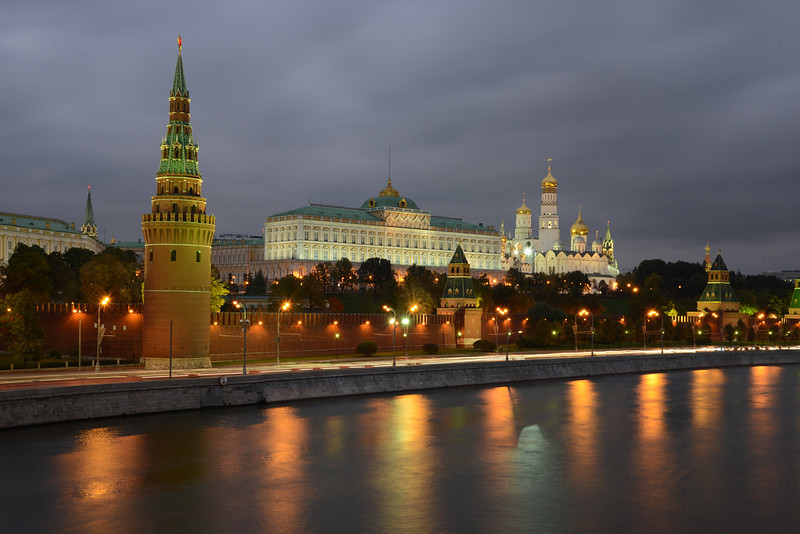The document reveals that the Prosecutor’s General Office of the Russian Federation made the decision on February 2, 2024, and officially added RFE/RL to the list last week.
The privately-funded nonprofit media organization, backed by a grant from the U.S. Congress, currently occupies the 142nd position on Russia’s Justice Ministry list of “undesirable organizations.”
“This is just the latest example of how the Russian government views this type of truthful reporting as an existential threat,” said to Stephen Capus, RFE/RL President, in a video published by the outlet.
“That’s truly alarming,” he said, reacting to Russia’s decision.
The “undesirable” designation effectively bars RFE/RL from operating within Russia, putting its staff at risk of imprisonment and outlawing any form of engagement with the outlet, including online content sharing.
Organizations slapped with this label must cease all activities in Russia, while individuals and media outlets within the country face legal repercussions, like up to six years imprisonment, for sharing or republishing their content.
Maxim Olenichev, a Russian lawyer and human rights activist, explained that a set of laws currently in effect in Russia empowers law enforcement authorities to access users’ content on the Russian Internet and social networks without their consent.
“Russian authorities can get access to content placed on them without the owner’s consent, make screenshots, file administrative cases, and prosecute them for placement of content [from undesirable organizations],” Olenichev remarked in the RFE/RL video.
He also pointed out that the arm of Russian justice cannot reach those who do not reside in Russia.
The Committee to Protect Journalists (CPJ), an international press freedom watchdog, has emphasized that Russian authorities must halt their harassment of RFE/RL and refrain from impeding the operations of media organizations by designating them as “undesirable.”
“Russian authorities should immediately repeal their legislation on ‘undesirable’ organizations and stop banning any reporting that contradicts the government’s narrative,” said Gulnoza Said, CPJ’s Europe and Central Asia program coordinator.
The “undesirable” tag has been wielded against a multitude of media outlets in Russia daring to criticize government policies.
The Journalist Development Network (JDN), home to the investigative news outlet Organized Crime and Corruption Reporting Project (OCCRP), found itself labeled an “undesirable organization” in March 2022, just after the onset of the Russian invasion of Ukraine. It occupied the 52nd position on the Russian Justice Ministry’s list.

